Letter Recognition Worksheets for Ages 3-5
87 filtered results
-
From - To
Introducing our Letter Recognition worksheets, meticulously crafted for the curious minds of children Ages 3-5. Embark on a delightful journey through the alphabet with our engaging, colorful worksheets designed to capture young learners' imaginations. These worksheets provide a solid foundation in letter recognition, a critical early literacy skill, through a variety of fun, interactive activities tailored for preschoolers. Whether your child is just beginning to show interest in letters or is ready to reinforce their knowledge, our Letter Recognition worksheets for Ages 3-5 are the perfect tool to ignite a love for reading and writing in these formative years.


Letter A Tracing Page
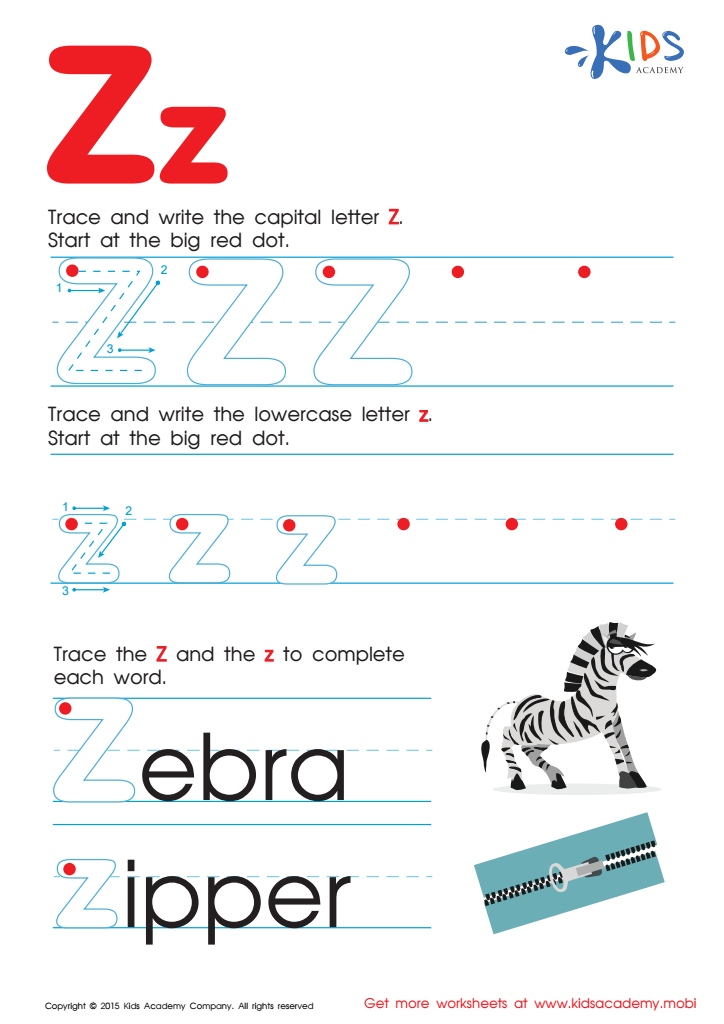

Letter Z Tracing Page
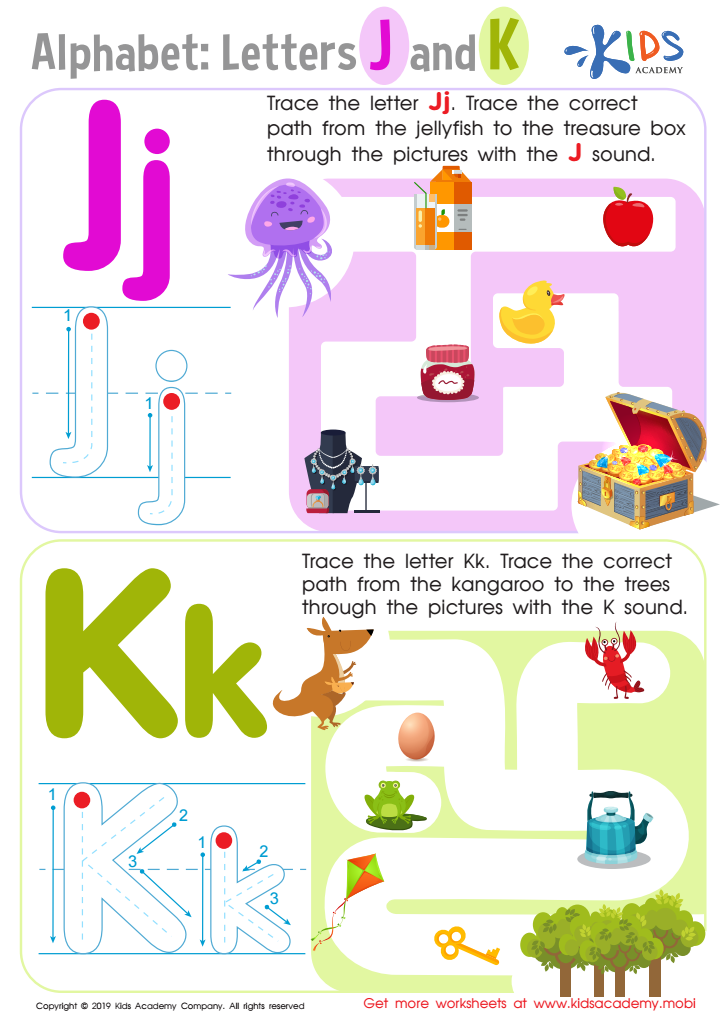

Letters J and K Tracing Worksheet
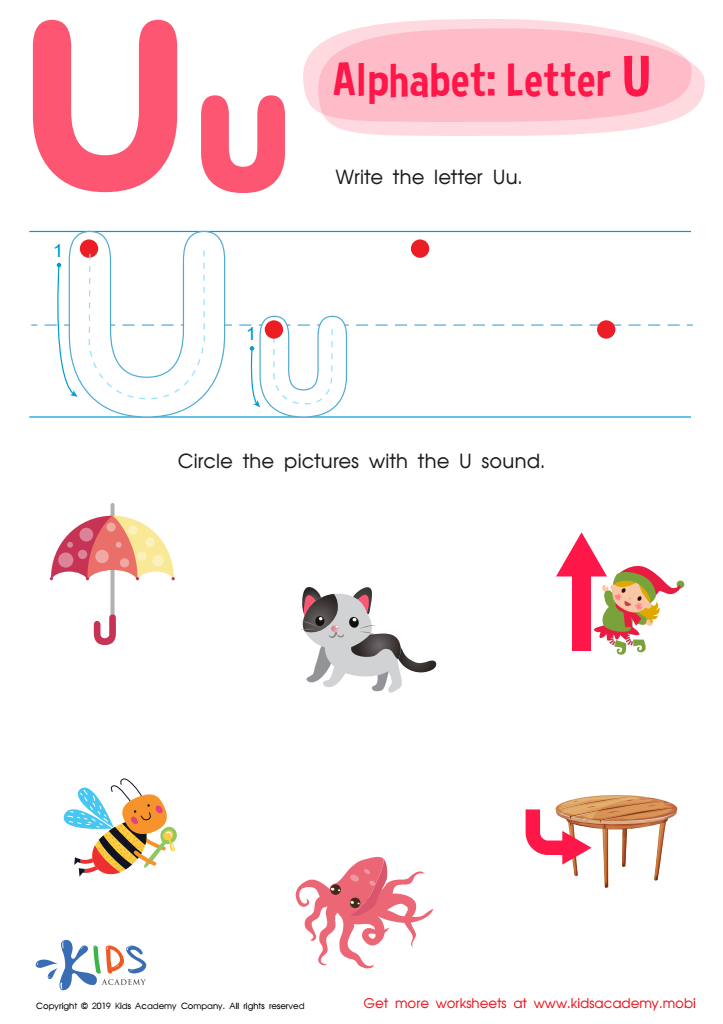

Letter U Tracing Worksheet
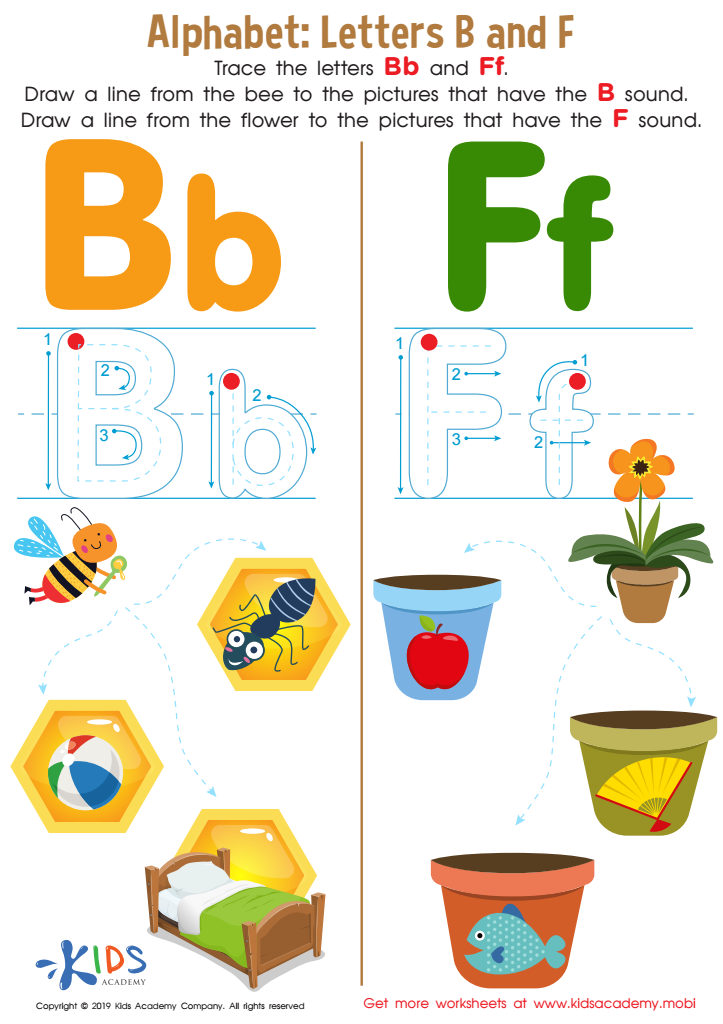

Letters B and F Tracing Worksheet
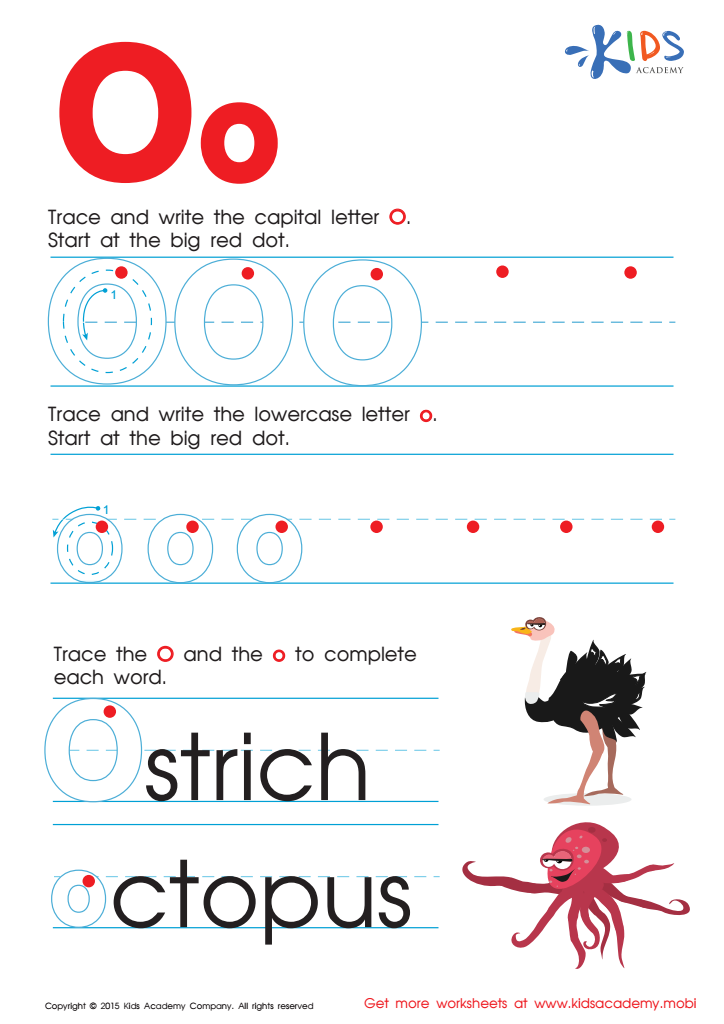

Letter O Tracing Page
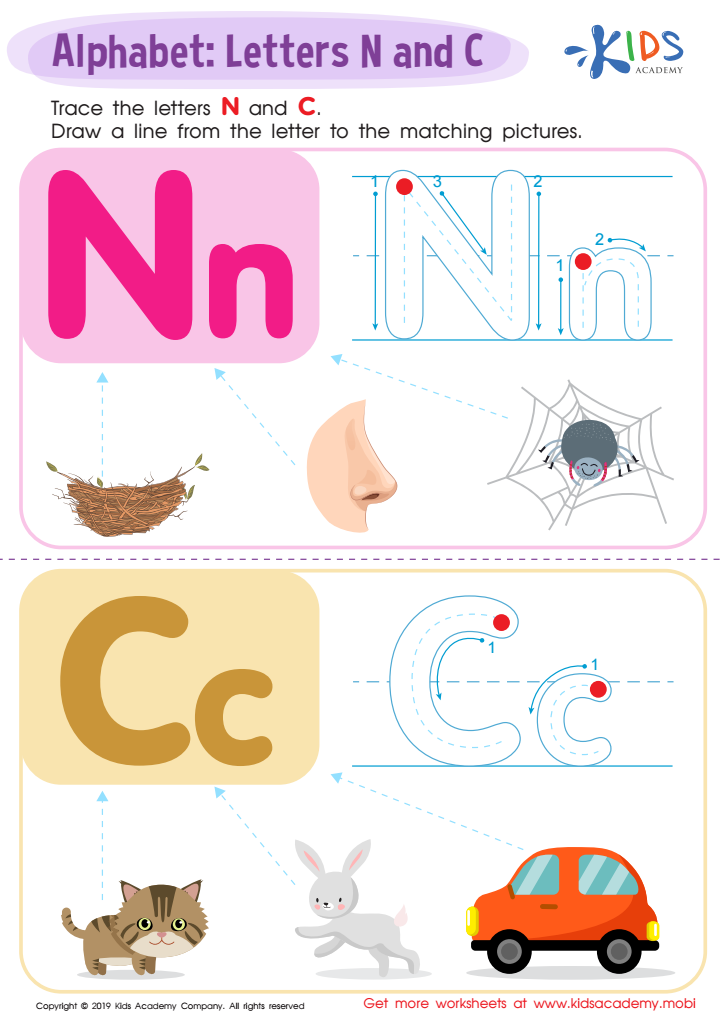

Letter N and C Tracing Worksheet


Letter R Tracing Page
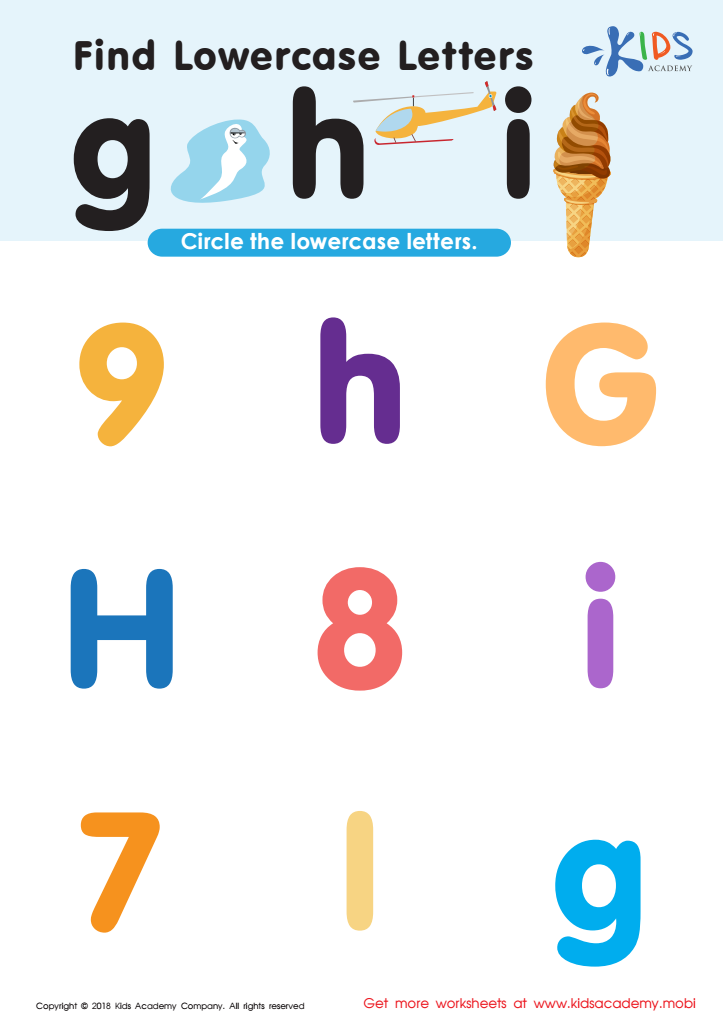

Find Lowercase Letters g h i Worksheet


Letter X Tracing Page


Letter P Tracing Page
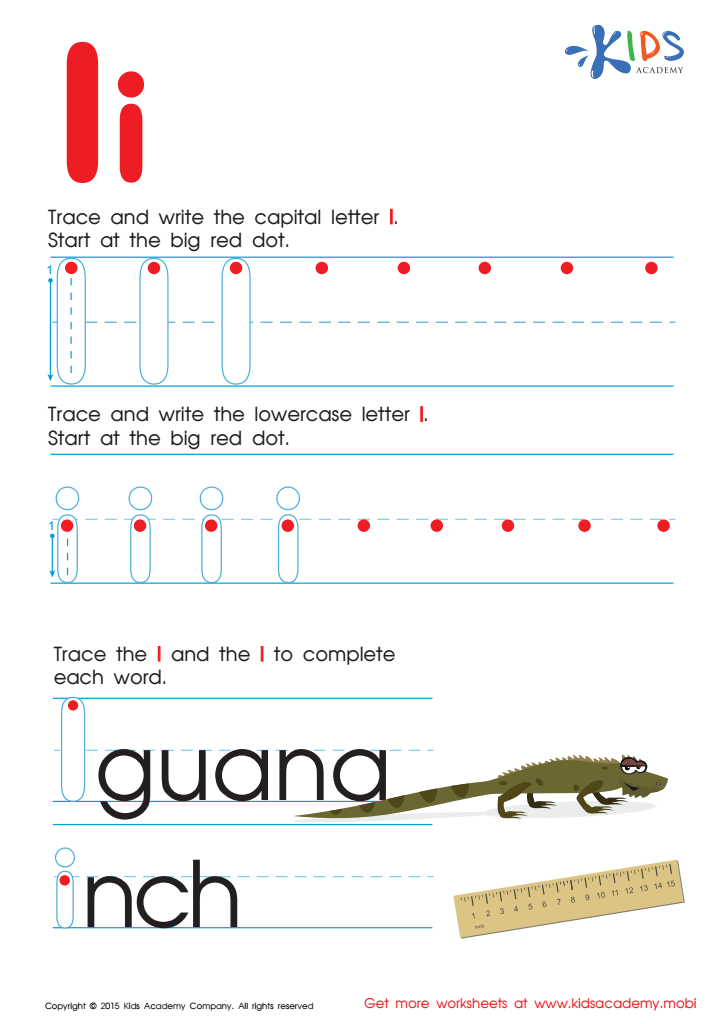

Letter I Tracing Page
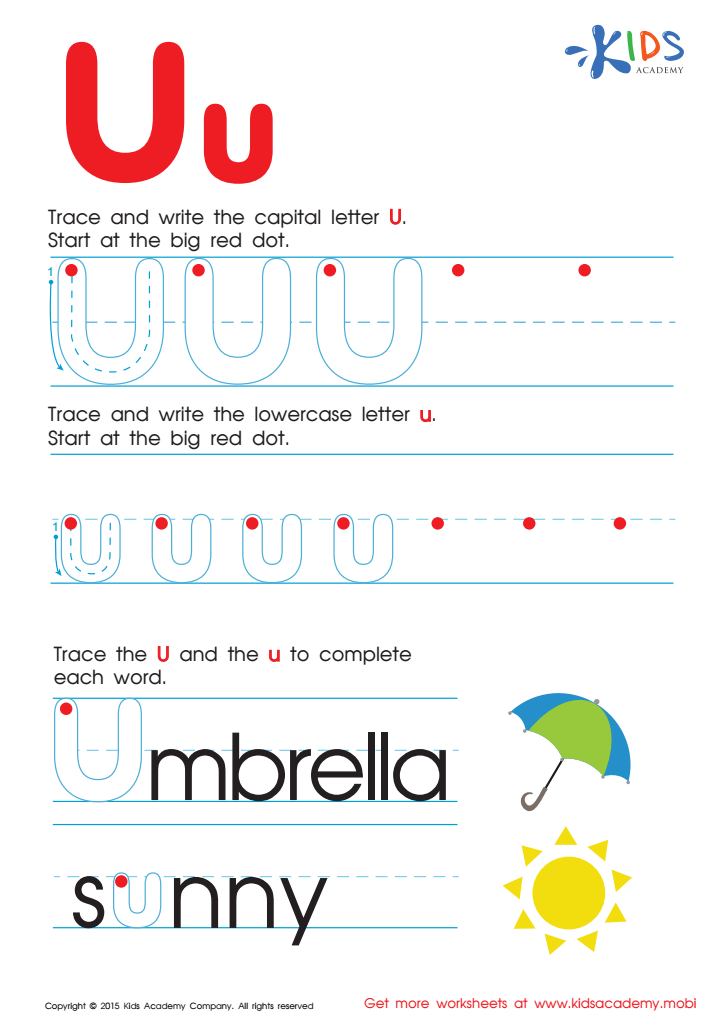

Letter U Tracing Page
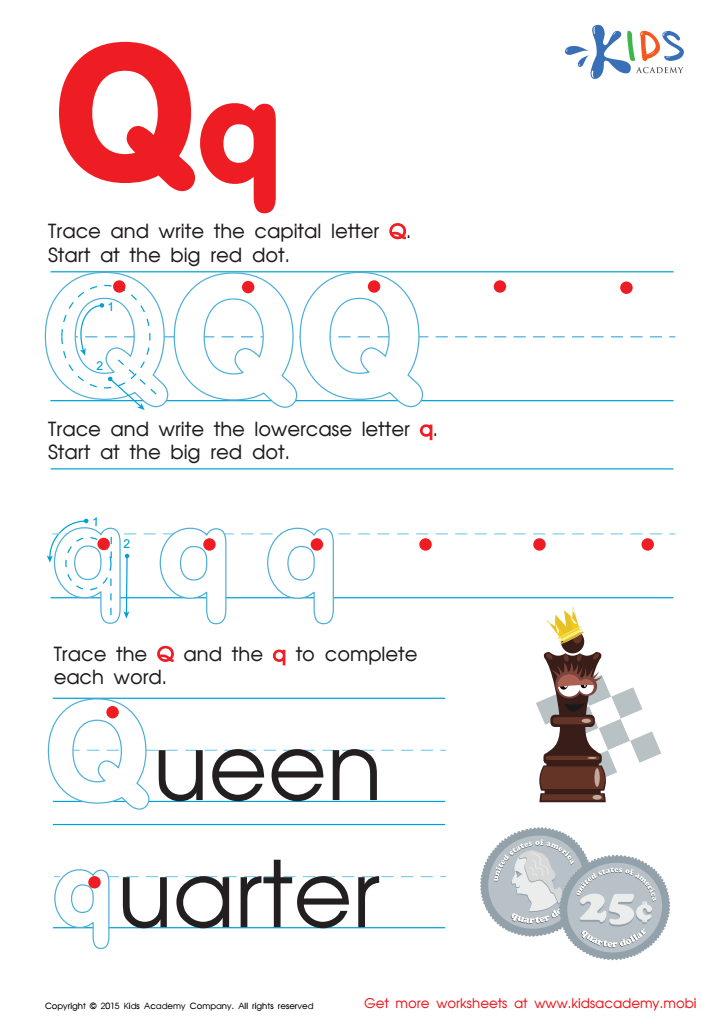

Letter Q Tracing Page
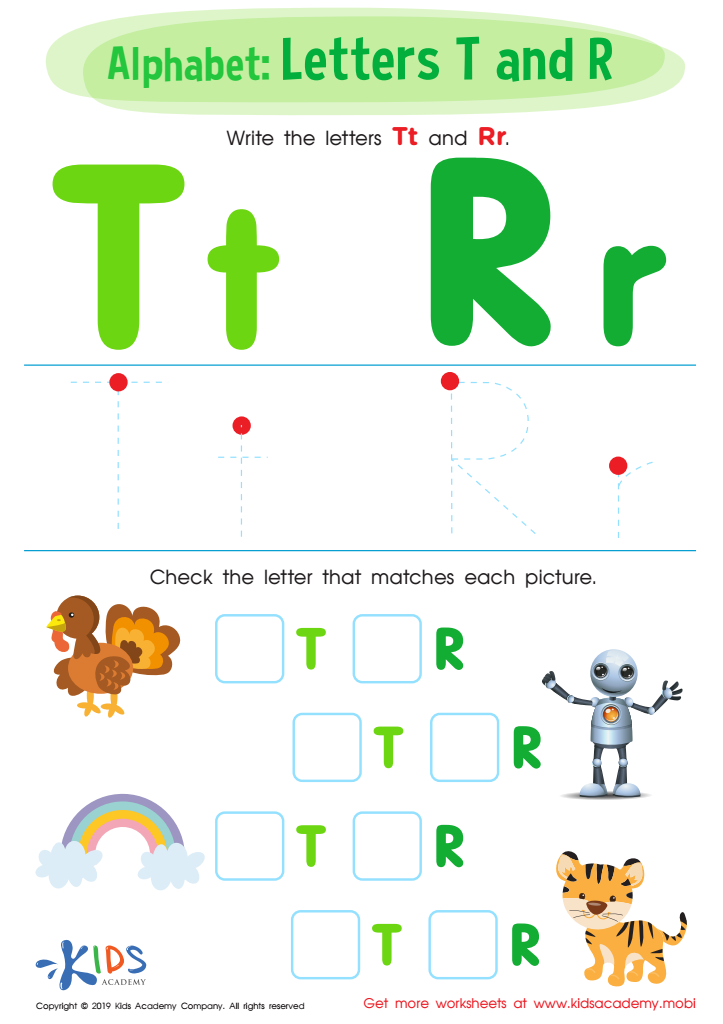

Letters T and R Worksheet
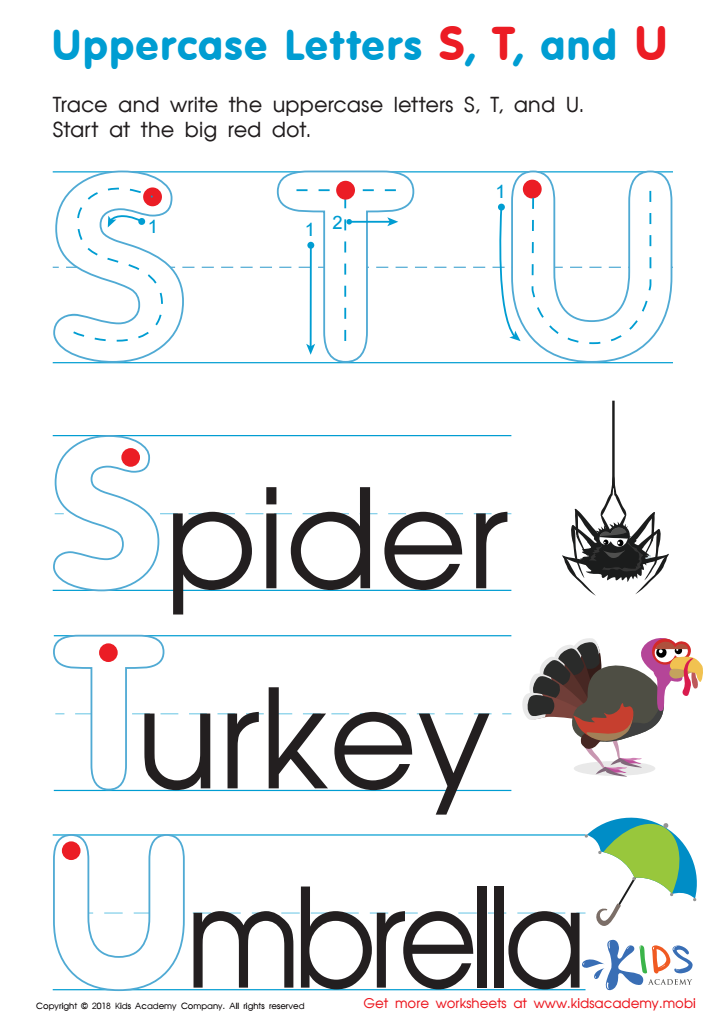

Uppercase Letters S, T, and U Worksheet
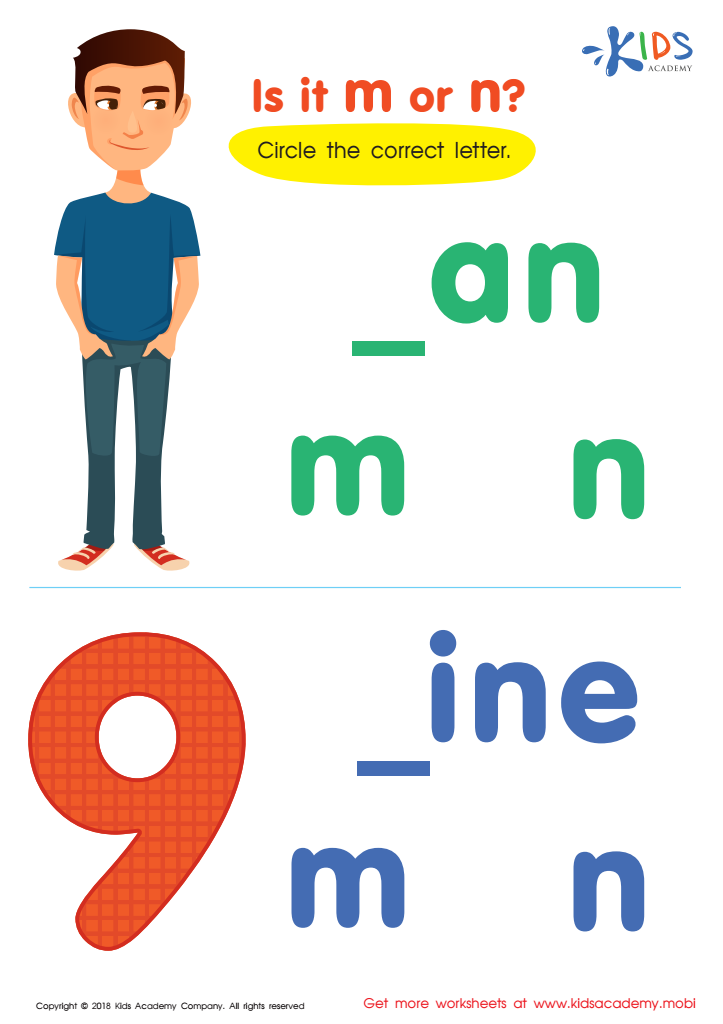

Is It m or n? Worksheet
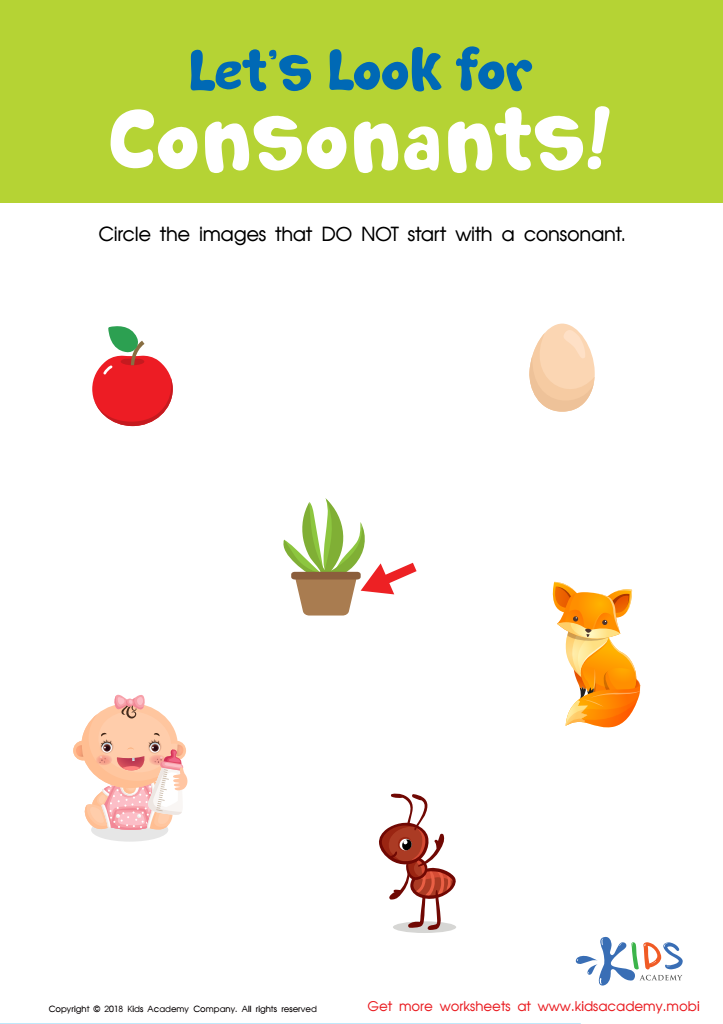

Let's Look for Consonants Worksheet
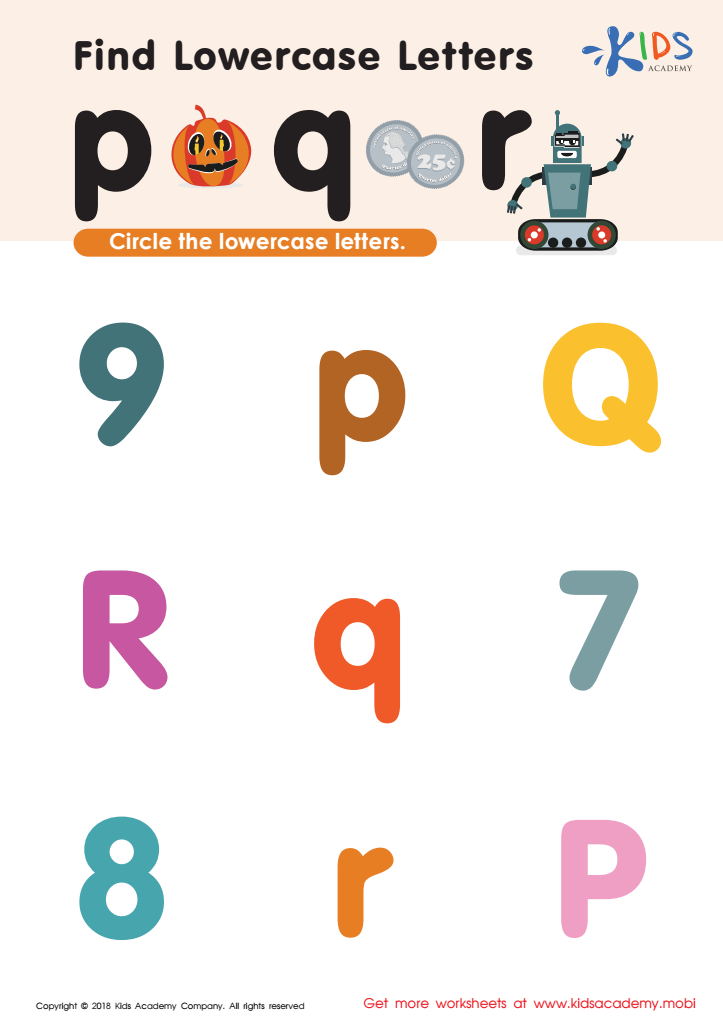

Find lowercase Letters p q r Worksheet
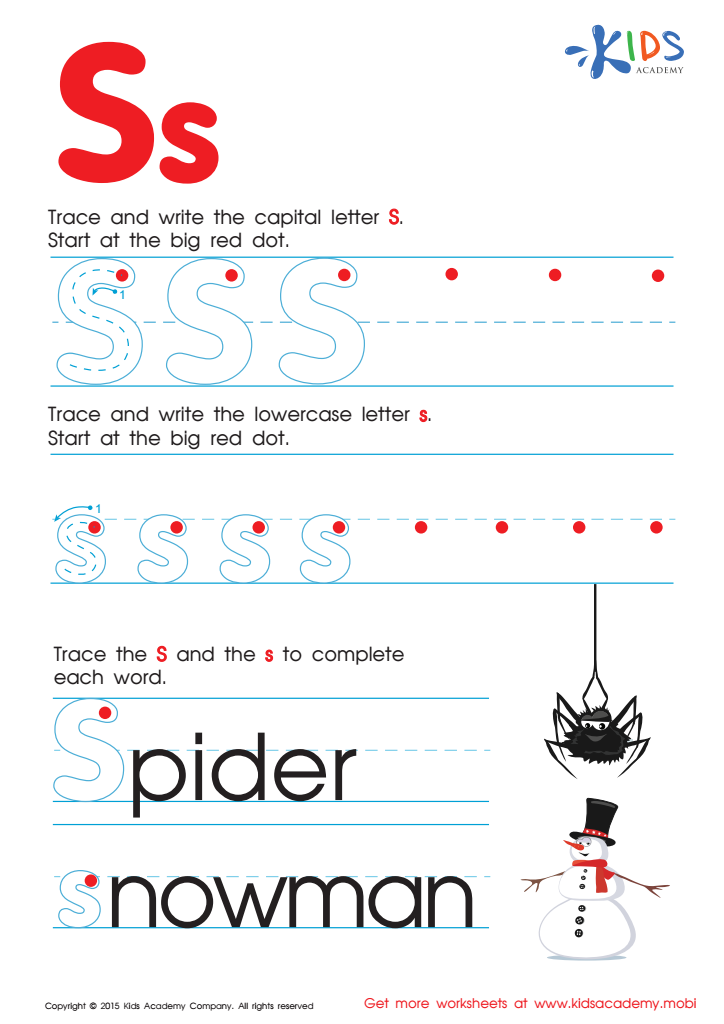

Letter S Tracing Page
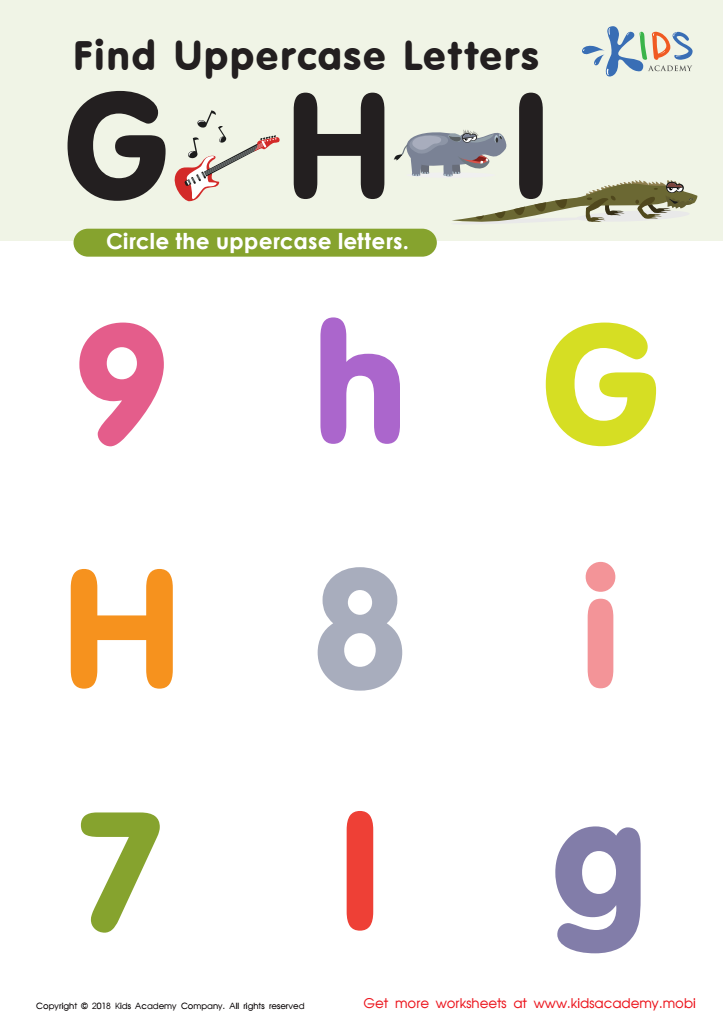

Find Uppercase Letters G, H, and I Worksheet
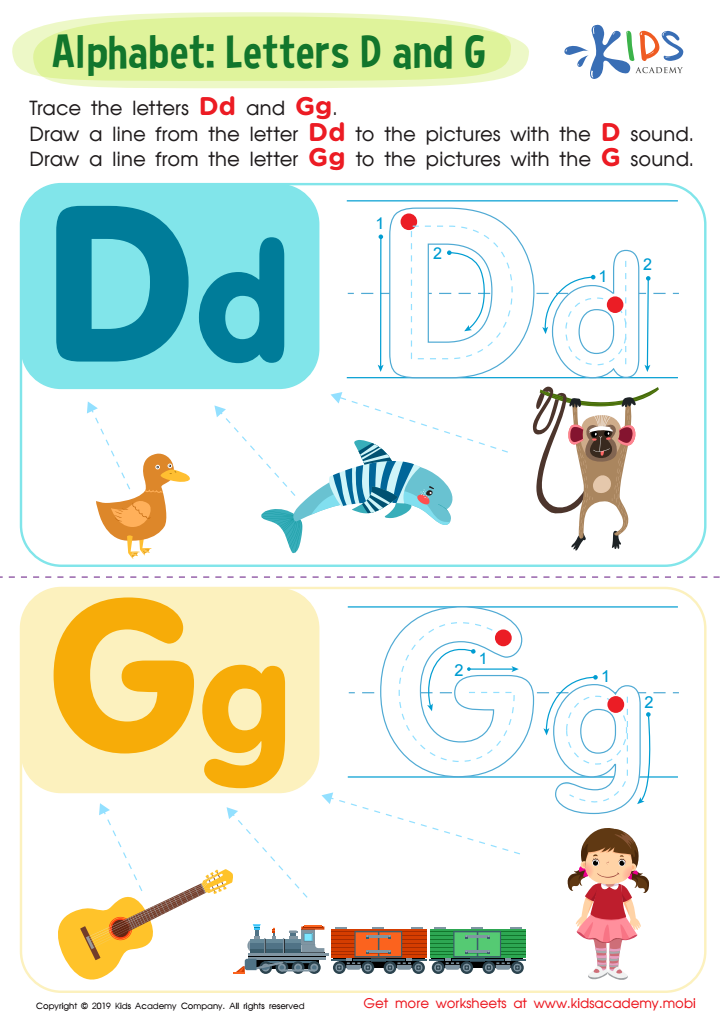

Letter D and G Tracing Worksheet
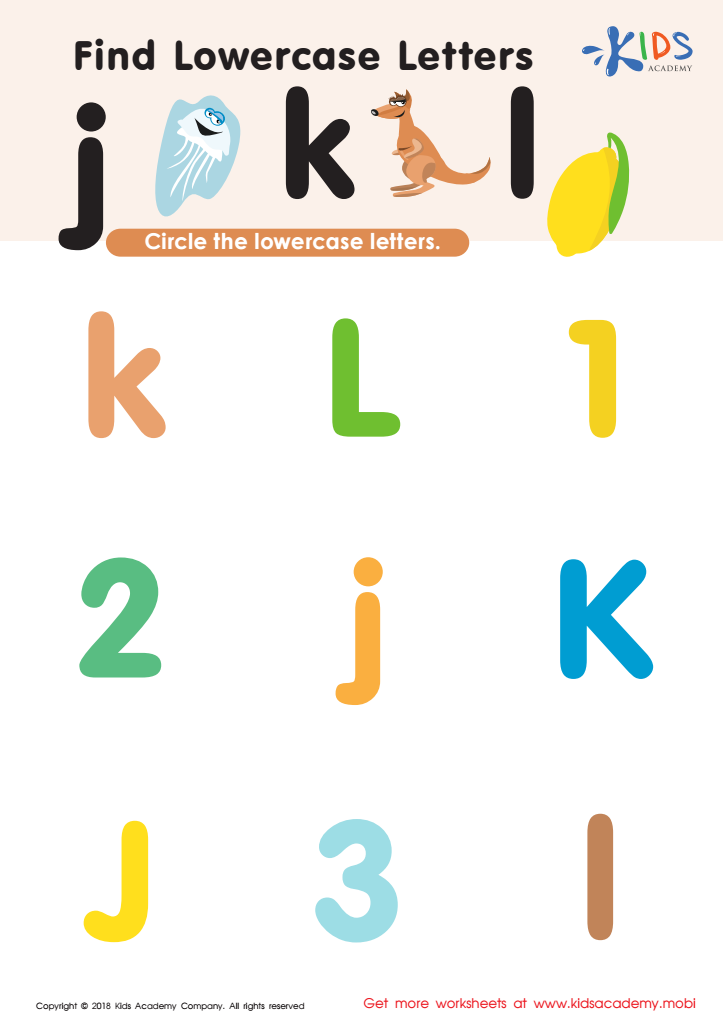

Find Lowercase Letters j k l Worksheet
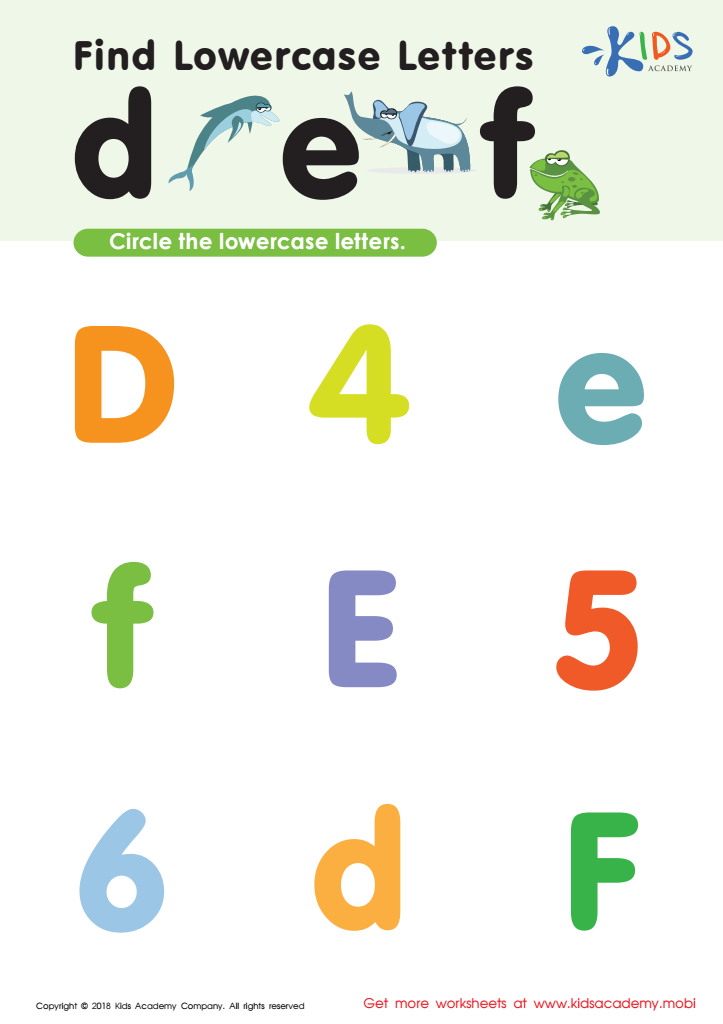

Find Lowercase Letters d e f Worksheet
Letter Recognition worksheets for Ages 3-5 play a crucial role in early childhood education, laying the foundation for future literacy skills. At this developmental stage, children are naturally curious and eager to explore the world of letters and sounds. These tailored worksheets are designed to meet the unique learning needs of preschoolers, making the process of learning alphabets both engaging and fun.
Engaging in Letter Recognition activities from a young age helps children distinguish between different letter shapes, understand their sounds, and ultimately, how letters combine to form words. This foundational skill is essential for reading readiness, enabling children to approach more complex literacy tasks with confidence as they progress in their educational journey.
Moreover, Letter Recognition worksheets for Ages 3-5 are crafted to enhance fine motor skills through activities such as tracing and writing letters. This not only aids in letter memorization but also prepares children for the physical act of writing. Additionally, these worksheets often include colorful illustrations and themes, capturing the attention of young learners and fostering a love for learning.
In essence, Letter Recognition worksheets serve as an invaluable tool in early childhood education, offering a structured yet flexible approach to learning the alphabet. By investing in these resources, parents and educators can significantly impact a child's literacy development, setting them on the path to reading success.
 Assign to the classroom
Assign to the classroom











